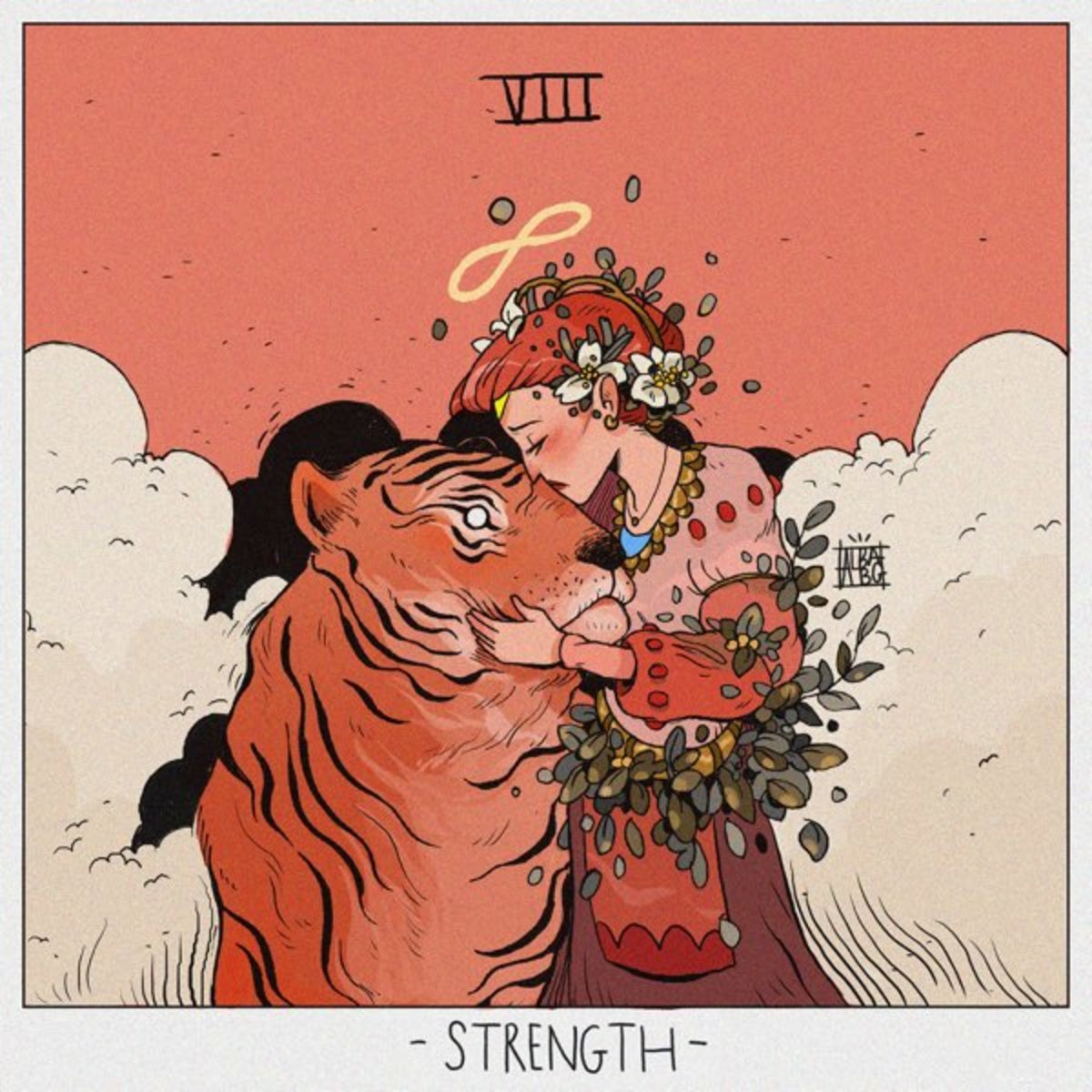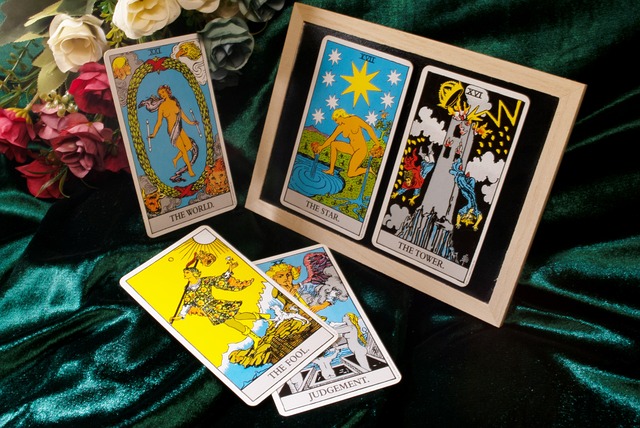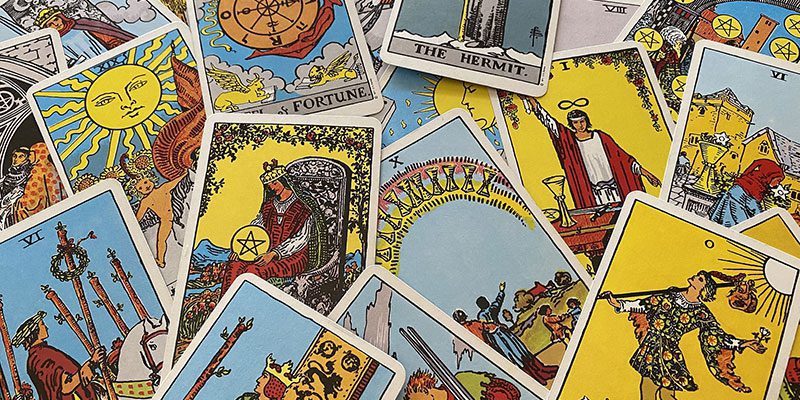
The Justice Tarot card belongs to the Major Arcana. It is either the number VIII or XI, and it can be used for divination and game-playing. The card's message can help you make better decisions and move forward. If you are looking for guidance and support in your life, Justice may be the answer.
Relationships
The Justice Tarot can mean many things. If you are single and searching for love, the card may suggest that it is best to wait until you find the one. This card might indicate that you need to make some changes in order to make your relationship work.

Investments
You've likely noticed the Justice card if you've been looking at your tarot cards recently. This card from the Tarot indicates investing in things that will pay off over time. This may be a good message for anyone who has been paying attention to this card in your career and financial readings. You must be responsible with your money in order to succeed financially and in your career. The Justice card will advise you to invest your money, repair any damage before it grows and learn to take responsibility for your life.
Karma
The Justice tarot can appear in your spreads if you are faced with a difficult situation. This card encourages the thoughtful evaluation of your options and honest decision-making. It also stands for the law or karma. What goes around, comes around. While you may have experienced injustice, it is important to remember that the pans always balance out in the end.
Honesty
The Honesty tarot can help you to resolve conflicts or find peace within your heart. It can also help with issues such as past lives or energy healing. The tarot cards can help you find peace, gain insight and move forward.

Relationships within the legal field
A successful relationship will only be possible if you are honest and transparent with your lawyer. Although your lawyer may not be the type to share personal feelings openly, they will appreciate your honesty. Let go of your anger and sadness as soon as you can.
FAQ
What are competitive hobbies?
There are many competitive sports, including running, swimming and cycling, as well as golfing, tennis and other activities.
They're a great way to get social interaction and are enjoyed by those who love physical activity.
If you have a hobby that involves physical activity, then you'll probably find that there are other people around who share this interest.
This could include joining a club/group that allows you to play sports together regularly.
You might also choose to participate in team games involving playing alongside others.
These include soccer (soccer), rugby, netball and hockey.
There are many types and levels of competition.
Some competitions may be held for pure recreational purposes.
Others are designed to test the skill of competitors.
Others are also designed to reward exceptional performance.
The winners are awarded prizes in these cases.
Other competitions are designed to test the strength and stamina of competitors.
These are known endurance events.
For example, marathon races, triathlons, Ironman Triathlon, etc.
Before competing in these events, athletes train hard.
They will be required to follow a rigorous training program in order to prepare mentally and physically.
They might also have to travel for preparation.
It is important that you remember that not every athlete can compete in every type or event.
What are some hobbies that would suit introverts?
Introverts are able to concentrate on one thing at once. They are more comfortable with solitary activities, such reading, writing, music, and watching movies.
They also love to spend quiet time by themselves. They don't enjoy being social all day. They often feel bored when they are surrounded by people.
Introverts will often choose hobbies that require them alone. You might find them reading books, listening, playing music, taking photos, writing poetry or painting.
Some introverts prefer to live alone. This allows them to concentrate on their hobby and not be distracted.
Why do we need hobbies?
Hobbies can be a part of your life because they provide you with time to unwind, recharge, think creatively as well as the chance to exercise, socialize, and relax. You can also learn new skills and develop lifelong interests.
Hobbies give us meaning and purpose in life.
These are a great way for you to have some free time, even if there isn't much else.
They're also fun!
If you don’t make time for a hobby then it’s probably not worth your time.
Consider all of the possibilities available to your. If you don't have a hobby yet, then maybe you should start one today!
Statistics
- I am 100% biologically a woman (discover.hubpages.com)
- This 100% accurate personality-analyzing hobby quiz discovers your passion based on your characteristics. (quizexpo.com)
- In comparison, men in the “no humor” condition were refused 84.6% of the time and were only accepted 15.4% of the time. (time.com)
- Much of this decline reflects the fact that teens are less likely to work today than in the past; among employed teens, the amount of time spent working is not much different now than it was around 2005. (pewresearch.org)
- Studies show that just six minutes of reading can reduce stress levels by 60 percent. (oberlo.com)
External Links
How To
How to learn a musical Instrument
There are many different ways to learn how music is played. You could either go to a school, buy a book, take lessons from someone who plays an instrument, watch videos online, etc. These are just a few tips and tricks to help you get started if you're determined to make your own path.
-
Find something that interests your interest. You don't have to like every instrument you see. It's difficult to take up a hobby if you don’t love playing the instrument.
-
Be patient. Learning anything new takes some time. Don't expect to master everything right away. Instead, continue to practice each day.
-
Regular practice is important. This can be done even when you are tired. This will help you remember what you've learned.
-
Find a quiet place to practice. Ideal is a quiet area where you don't have to disturb anyone else. It is important to keep the room clear of distractions. For example, avoid having loud music playing nearby.
-
Have fun. Music should be enjoyed. It is important to have fun when practicing. Being happy will inspire you to keep practicing.
-
Set goals. If you set goals, then you will know exactly how you want to get there. Failure is not an option.
-
Keep track of your progress. Keep track of all your successes and failures. You'll be able to learn and improve as you go.
-
Take breaks. Sometimes all it takes is to take a breather. You will be able to take breaks and think about the things you are doing.
-
Ask questions. Ask for help if you are unsure or have questions about certain aspects of the instrument. They might be able to assist you.
-
Listening is the best way of learning. Many musicians love to listen to and imitate songs. This helps them understand basic concepts behind the song.
-
Read books. You will learn more from reading books than you can by watching videos or attending classes. You will also find information in books that you won't find anywhere else.
-
You can join a band. Playing with others forces you to practice more. Plus, you will find people with similar interests to you.
-
View tutorials. Tutorials are videos that provide detailed explanations of various topics. These videos often focus on one aspect or part of the instrument. You can learn difficult parts of the instrument by watching tutorials.
-
You can try different methods. Some people prefer to learn via lectures while others prefer to read. Find what works best for your learning style.
-
Practice makes perfect. The truth is that nobody becomes an expert overnight. Instead, you must put in lots of effort before becoming skilled enough to perform well.
-
You can learn from other musicians. Listening to your fellow musicians perform their favourite songs can help you learn quicker.